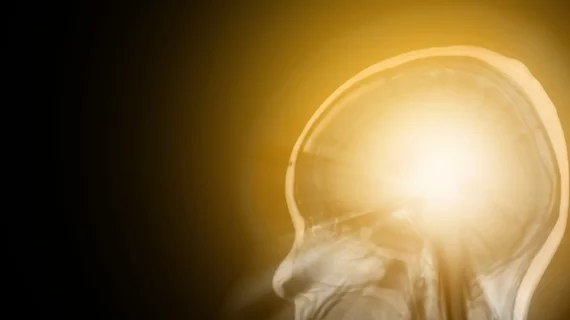AI tracks important changes in imaging results of MS patients
Researchers have used AI to gain additional insight from the brain MRI scans of multiple sclerosis (MS) patients, sharing their findings in Nature Digital Medicine.
The team’s AI-assisted modelling system, which involves extracting “imaging fingerprints” from MRI scans, was able to observe shifts in white and grey matter radiologists are typically unable to monitor themselves.
“Rather than attempting to copy what radiologists do perfectly well already, complex computational modelling in neurology is best deployed on tasks human experts cannot do at all: to synthesize a rich multiplicity of clinical and imaging features into a coherent, quantified description of the individual patient as a whole,” lead author Parashkev Nachev, PhD, of the University College London (UCL) Queen Square Institute of Neurology and National Institute for Health Research, said in a prepared statement. “This allows us to combine the flexibility and finesse of a clinician with the rigor and objectivity of a machine.”
“The method is currently focused on imaging changes only; we are extending the approach to predicting the clinical response to disease modifying treatment, in terms of cognitive and motor outcomes,” co-author Olga Ciccarelli, also of the UCL Queen Square Institute of Neurology, said in the same statement. “I hope that this exciting field of research will lead to an individual prediction of treatment response in multiple sclerosis using AI.”
This breakthrough, the team explained, could help providers treat MS patients in the future.

